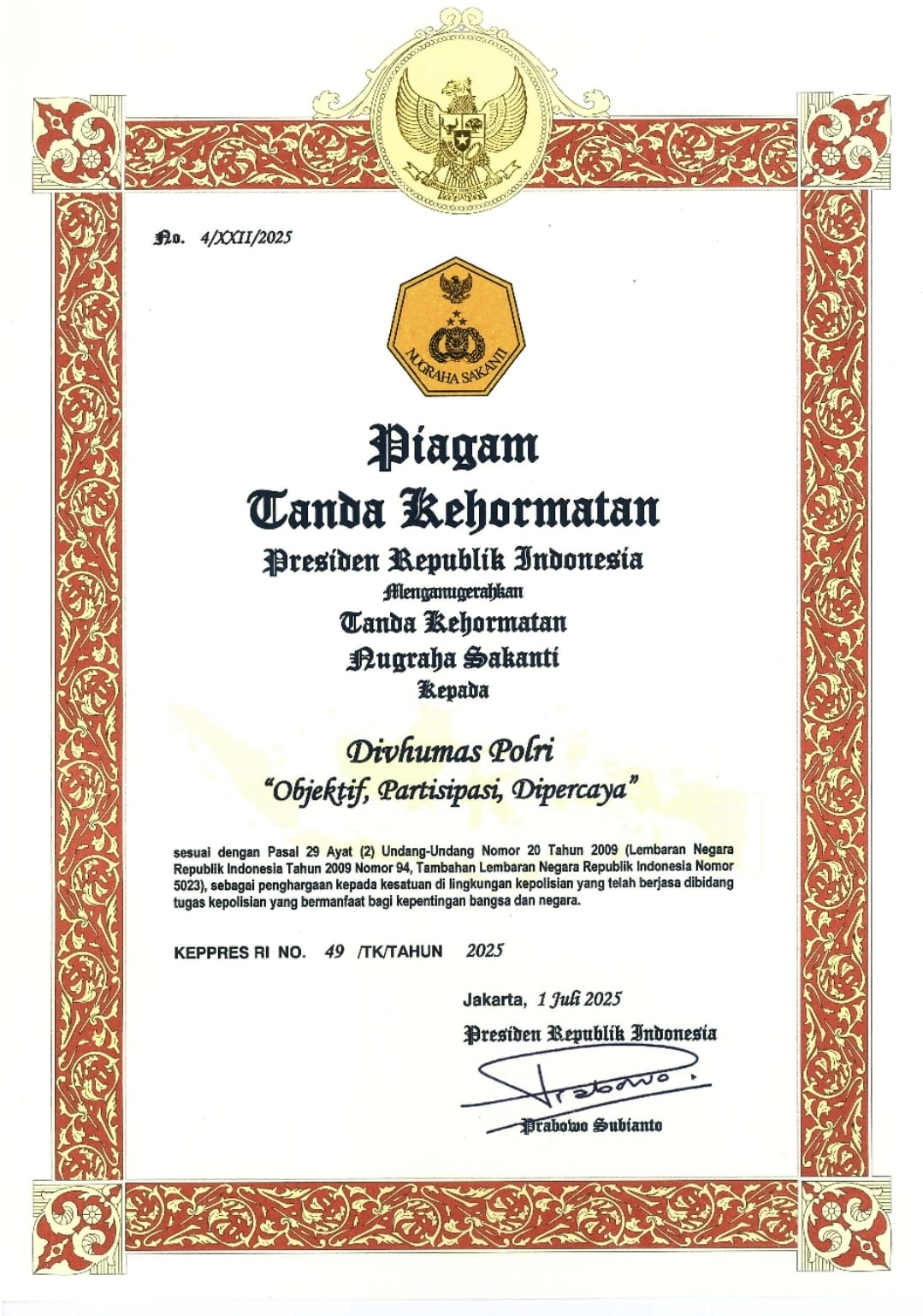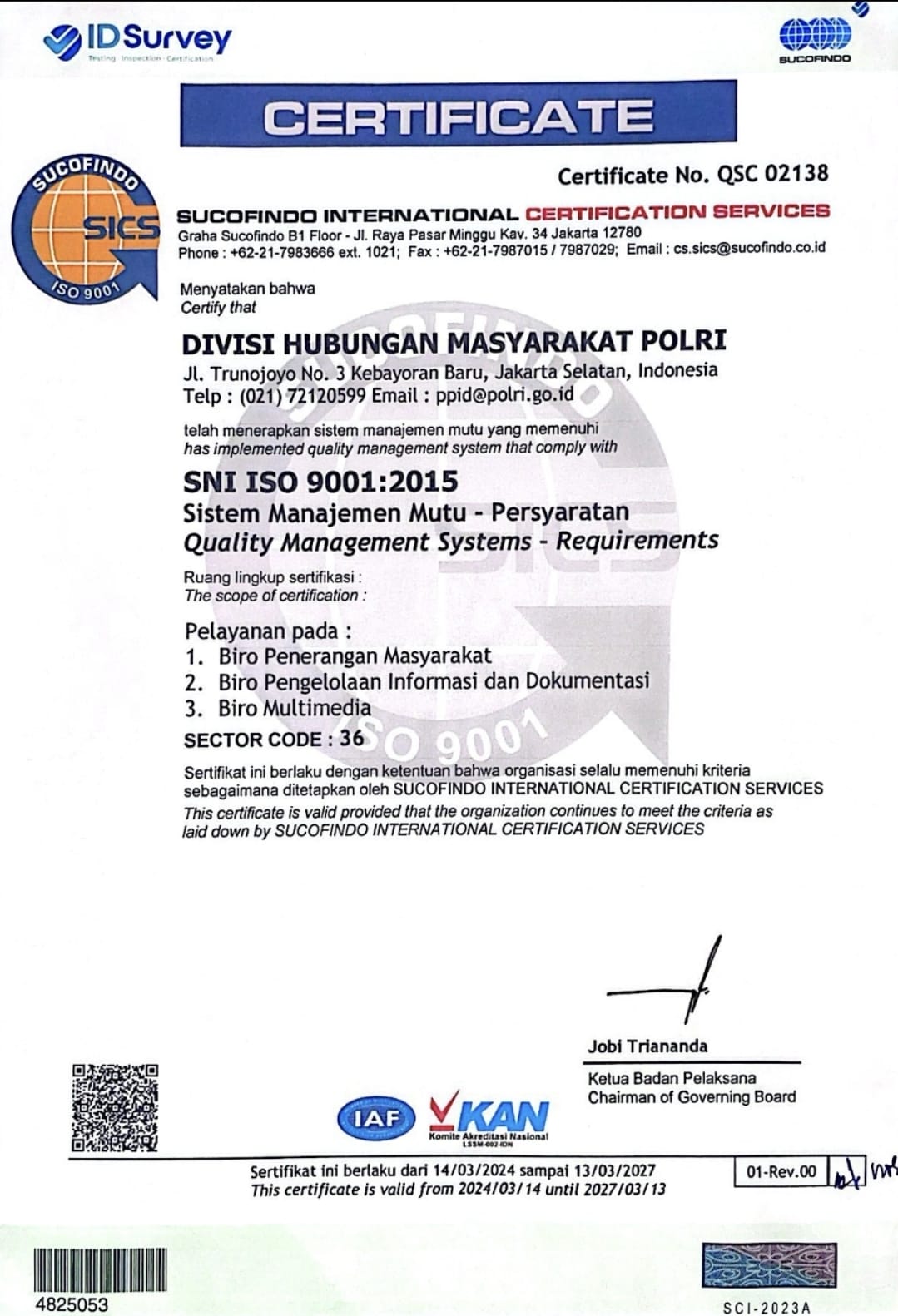Tribratanews.polri.go.id – Jakarta. The Head of the National Food Agency (BPN) Arief Prasetyo outlined several measures to ensure food availability and stability during Ramadan and ahead of Eid Al-Fitr 2023 during a public dialog hosted by the Division of Public Relations of the Indonesian National Police (INP) on Tuesday (28/3/23).
“From March 7 to 25, we facilitated the distribution of 101,172 kilograms of corn commodities from East Lombok Farmers’ Group to Kendal livestock breeders in Central Java. Additionally, we distributed 9,600 liters of Mintakita through ID Food in the Jabodetabek area,” he said.
Moreover, from March 15 to 26, the agency launched a campaign to provide affordable food in several districts. They also set regulations to stabilize the supply and prices of food by harmonizing the cost of goods sold (HPP) of rice and grain, as well as the maximum retail price (HET) of rice.
He then elaborated on the scope of Presidential Regulation No. 125 of 2022 concerning the Implementation of Government Food Reserves (CPP). According to him, the types and amounts of CPP cover 11 food commodities and other types of food designated by the president.
“The implementation of CPP is carried out gradually. In the first phase, CPP implementation is conducted for food commodities, namely rice, corn, and soybeans. The next phase will be determined by the head of the agency,” he said.
The implementation of CPP prioritizes the procurement of domestically produced CPP, with imports only considered if domestic production is insufficient as CPP management employs dynamic strategies that use storage technology to maintain adequate supply and quality of CPP across regions and over time, he added.
“The distribution is used to address food shortages, price fluctuations, natural disasters, social disasters, and emergencies. Meanwhile, the distribution is also used for anticipation and mitigation purposes, such as price stabilization, addressing food problems and crises, providing food assistance, international cooperation, foreign food aid, and other needs determined by the government,” he added.
Regarding the assignments of implementing CCP, the government can assign the Bureau of Logistics (BULOG) and other state-owned enterprises, he said.
He concluded his remarks by shedding light on the funding aspect of these measures. “The budget for these initiatives would be derived from the state budget, as well as other legitimate and non-binding revenue sources. The government provides compensation, including assignment margins, where the compensation process is audited by BPKP and also provides credit guarantees and/or interest subsidies for CPP needs.”
(ndt/hn/um)









